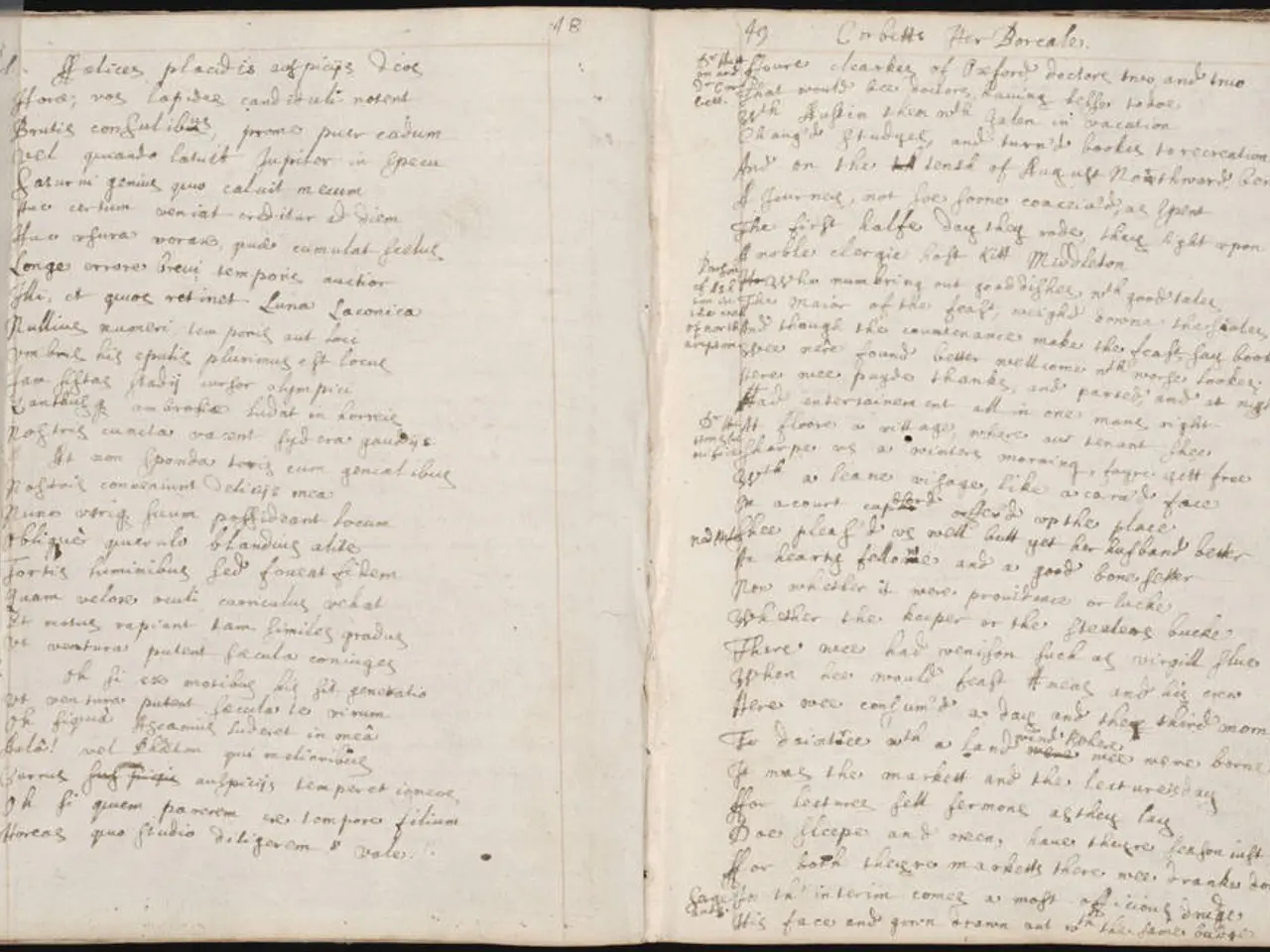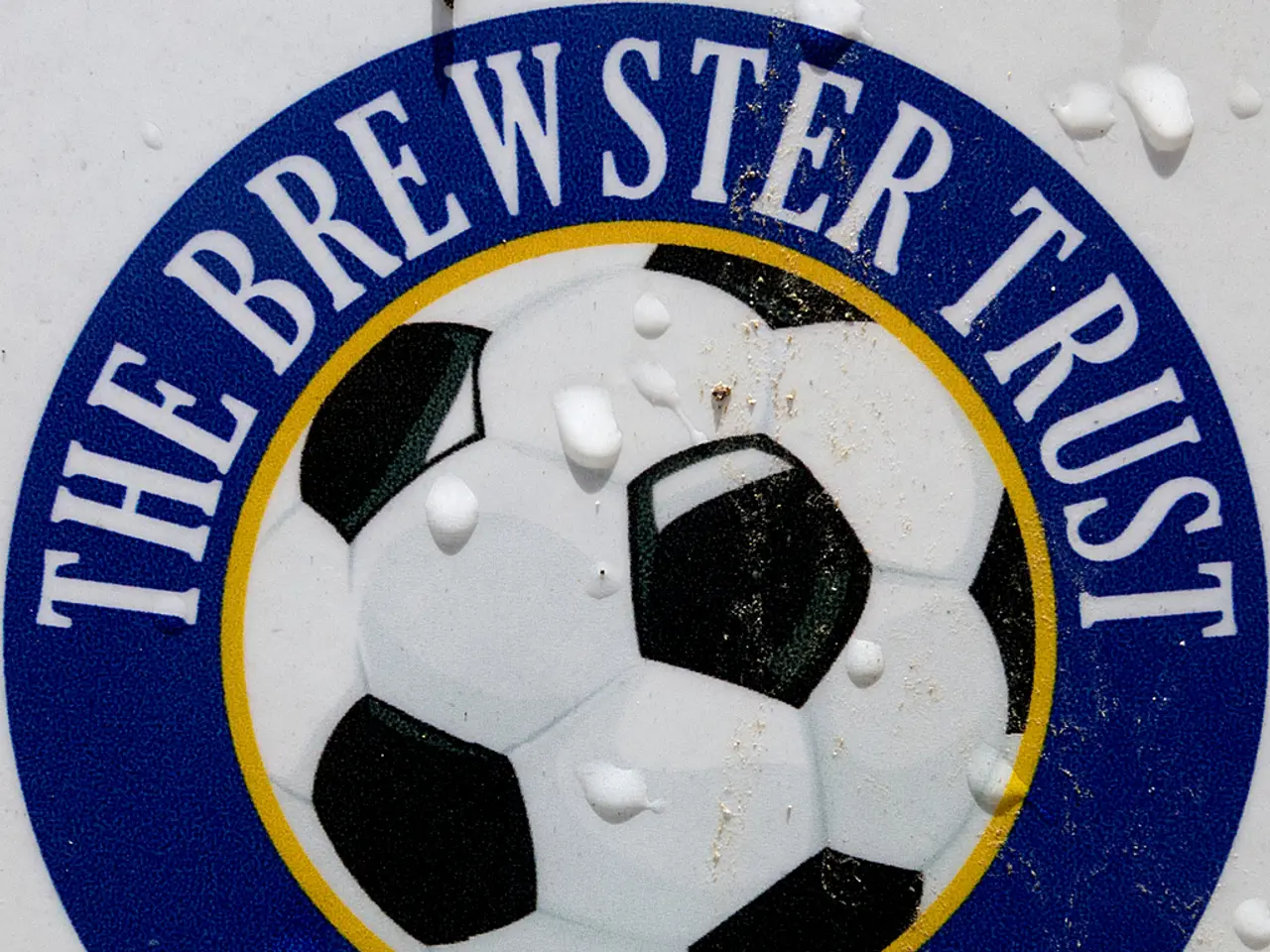Navigating the Path of Self-Publishing vs. Conventional Publishing: Choosing the Path That Suits You Best
In the world of book publishing, authors have two main options: traditional publishing and self-publishing. Each route has its own unique advantages and disadvantages that authors should consider before making a decision.
Traditional Publishing
Traditional publishing offers a sense of security and professional support. Publishers invest in producing, distributing, and marketing the book, taking on the financial risks. In return, authors typically receive an advance and royalties, but they relinquish a significant amount of creative control once their rights are sold.
Publishers handle various aspects of the publishing process, including editing, cover design, distribution, and securing bookstore placements and professional reviews. However, this comes at the cost of longer publishing timelines due to the editorial and production processes. Authors also earn a smaller share of profits, as publishers take a substantial portion.
Self-Publishing
Self-publishing, on the other hand, offers authors complete creative control and the opportunity to keep all rights. The author is responsible for managing all aspects of the publishing process, such as editing, cover design, marketing, and distribution. This route can lead to higher royalties, particularly for ebooks, and a quicker release to the market.
However, self-publishing requires a significant upfront investment, as authors must foot the bill for professionals like editors, formatters, book designers, and printing companies. The author is also responsible for building credibility and learning business and marketing skills. Getting into physical bookstores and obtaining major reviews or awards can be challenging.
Platforms like Amazon KDP, Ingram Spark, and Draft2Digital provide access to global readers but require ongoing author effort. Self-publishing makes the author a business owner, and researching and learning about the industry is crucial for success.
In Conclusion
Authors should weigh the factors of control, costs, responsibilities, timelines, and financial arrangements against their goals, resources, and willingness to manage publishing tasks. Traditional publishing offers financial risk absorption and professional support but limits control and profit share, while self-publishing offers control and higher royalties but requires significant upfront investment, skill, and effort from the author.
For further advice on editing, writing, and publishing, visit Katie's blog. Treating self-publishing as a professional venture can help the success of one's books. Katie McCoach, the author of this article, is a member of Romance Writers of America and the Editorial Freelancers Association. She has had essays published in TrainWrite and Kalliope and is currently writing a contemporary romance novel.
Authors can follow Katie on Twitter for more insights. Remember, if an author is not willing to invest in their book, no one else will. Self-publishing is becoming a popular option, even among previously traditionally published authors. In self-publishing, the author has complete control over the product they put out.
Landing an agent can be difficult, requiring the crafting of a query letter, synopsis, and research of suitable agents. Even after landing an agent, the manuscript may require changes, and the agent will pitch to acquisition editors for the best deal. In traditional publishing, the publisher handles decisions such as hiring editors, book designers, and determining the release date.
In both traditional publishing and self-publishing, the author's earnings go directly to them, minus what retailers take. In self-publishing, there is no portion taken by an agent or publisher. Self-publishing a book is considered a business, making the author a business owner. Researching and learning about the business and changes in the industry is crucial for self-published authors.
Books can be published traditionally, offering a sense of security and professional support, or self-published, providing authors with complete creative control. Entertainment can be gained not only from reading books but also from learning about the unique advantages and challenges of each publishing route.








